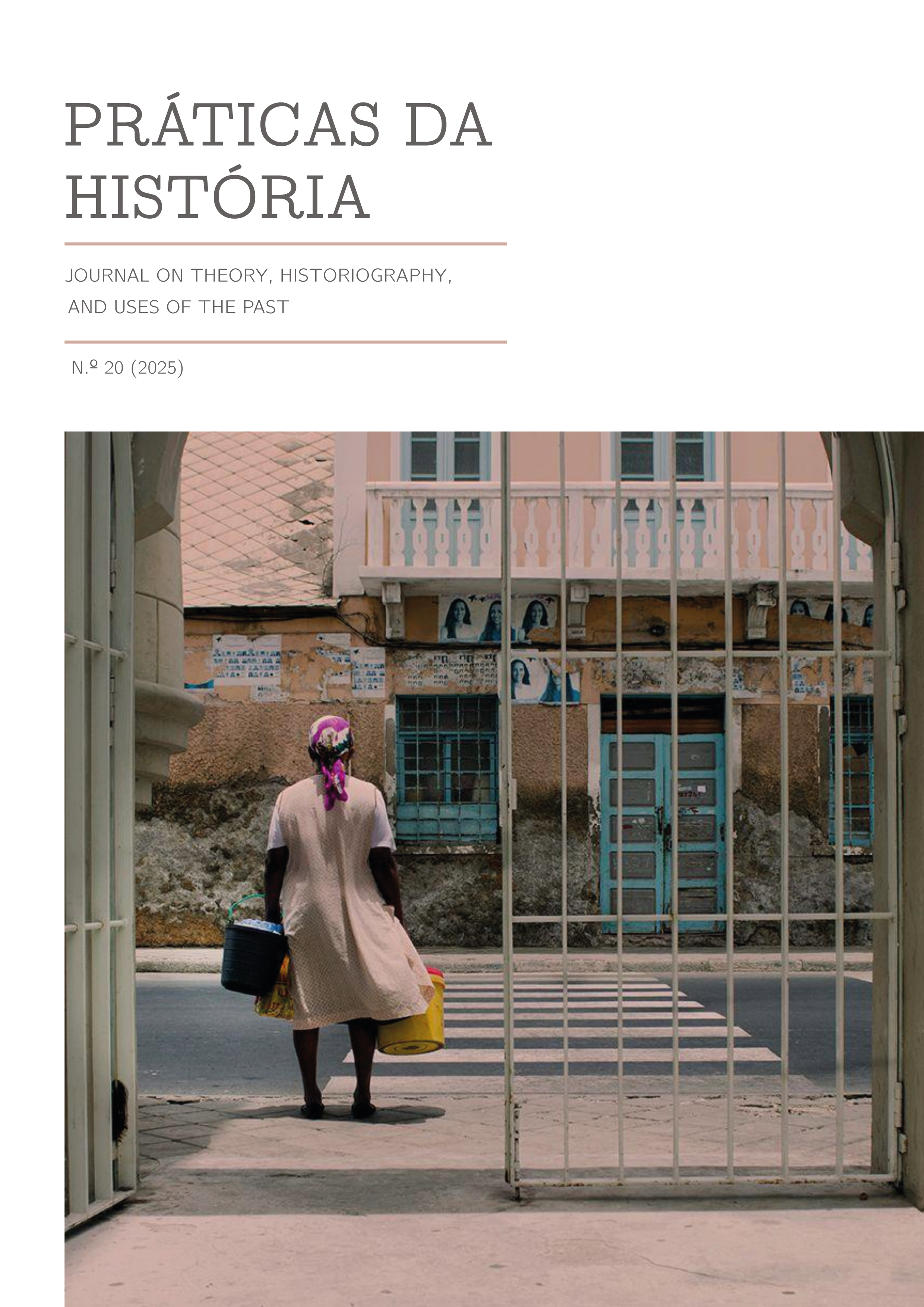Traditional Tales from Angola: Nationalism, Culture and Gender in Óscar Ribas, Luandino Vieira and Alfredo Bobela-Motta
DOI:
https://doi.org/10.48487/pdh.2025.n20.39191Keywords:
culture, gender, nationalism, Angolan short storiesAbstract
The purpose of this article is to discuss the relationship between culture and gender through the Angolan short stories of Óscar Ribas, Luandino Vieira, and Alfredo Bobela-Motta, with a view to interpreting the process of constructing Angolan nationalism. The short stories collected or produced by these writers allow us to understand, from a cultural perspective, the leading role played by women in relation to Angolan nationalism. We analyze the short stories available in the works Ecos da minha terra (Echoes of My Land) by Óscar Ribas; Vidas novas (New Lives) by Luandino Vieira; and Sô Bicheira e outros contos (Sô Bicheira and Other Stories) by Alfredo Bobela-Motta. While the stories highlight the process of linguistic homogenization, they also convey the experience of native culture and gender relations as a basis for resistance against colonial domination. This was a form of knowledge transmission that allowed the circulation of popular knowledge in the literary world and favored the reorganization of the identity that would constitute independent Angola.



